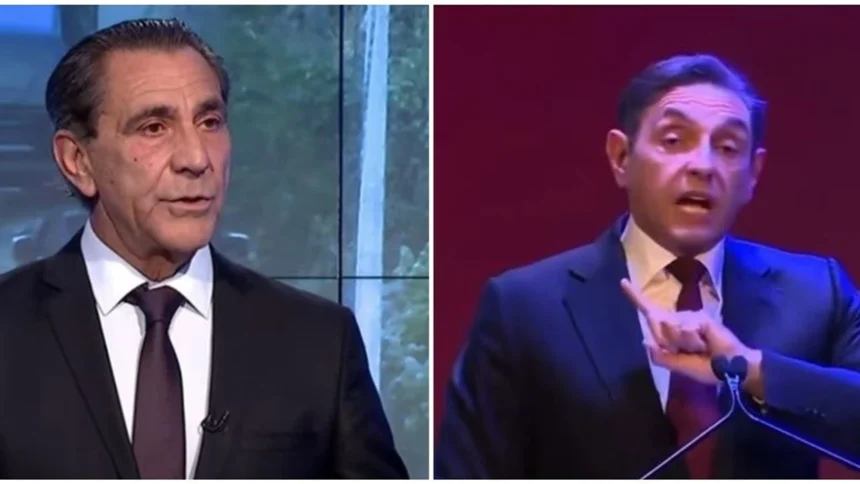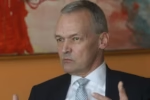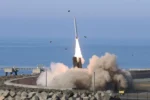Security expert Agim Musliu has strongly criticised recent statements by Serbian politician Aleksandar Vulin, describing them as calls for a nationalist project that could endanger peace and stability across the Balkans.
According to Musliu, Vulin’s speeches reflect a continuation of Serbian nationalist ideology and represent a modernised revival of the “Greater Serbia” concept under the new label “Serbian World.” He warned that such rhetoric recalls the atrocities of the 1990s, when ethnic cleansing and violence devastated communities across Kosovo, Bosnia, and Croatia.
“Through this project, channels are being created for Russian ideological and informational penetration in the Balkans,” Musliu stated, adding that Serbs in Kosovo are among the key targets of political, cultural, and psychological influence efforts.
Musliu claimed that these activities are being supported by external actors—particularly Russia— and may be coordinated through institutions like the so-called Russian Historical Association, which he believes serves as a conduit for joint Serbian–Russian information campaigns.
He further warned that the strengthening of Russian presence in Serbia can already be seen through the opening of new influence centres beyond the existing one in Niš, including in Belgrade. These, he said, could become bases for “informational warfare” aimed at undermining democratic and Euro-Atlantic integration projects in the region.
“The machinery for producing fake news and coordinated Russian–Serbian narratives must be treated as an alarm signal,” Musliu cautioned, urging democratic countries to boost their capacity to counter disinformation and hybrid threats.
In a speech cited by Musliu, Aleksandar Vulin had praised the Russian Historical Association as “a gathering point for all who see Serbia as a free and independent nation” and as a state striving “for the peaceful creation of the Serbian World” while aligning closely with Russia and China.
Security analysts note that this kind of rhetoric underscores the need for tighter monitoring of foreign influence campaigns and stronger cooperation among Balkan states and international partners to defend democratic integrity.
Musliu called on state institutions, civil society, and media organisations to remain vigilant and coordinated in countering divisive narratives that could deepen ethnic tensions or undermine regional peace.







